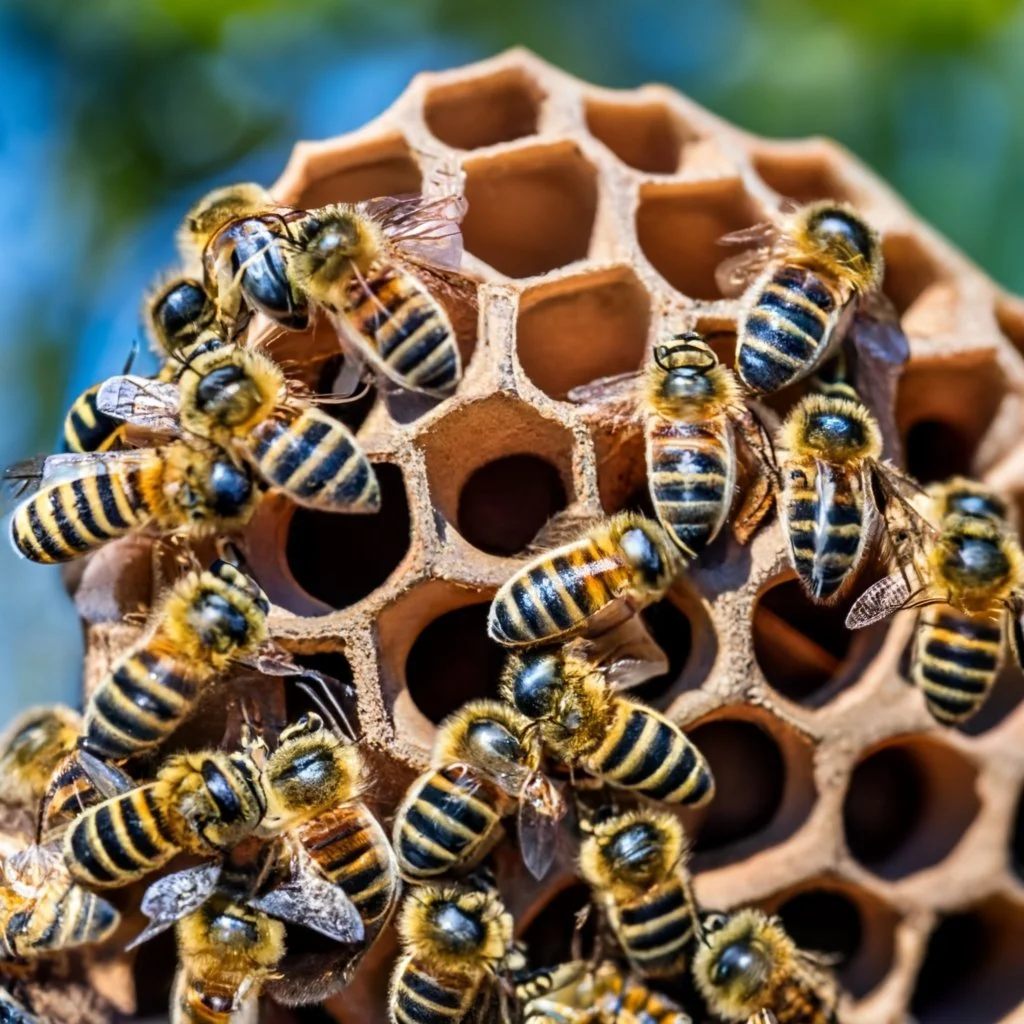Authored by Anisha Cooper, APC
hen you hear the word “Pride,” what does that mean to you? For closeted folks, Pride is a sentiment not readily available due to the immense shame associated with typical prideful identities (i.e., race, gender, and sexuality), but consider this: how do YOU identify? How have these identities shaped your worldview? Your interactions with others? And, are you proud of this identity?














